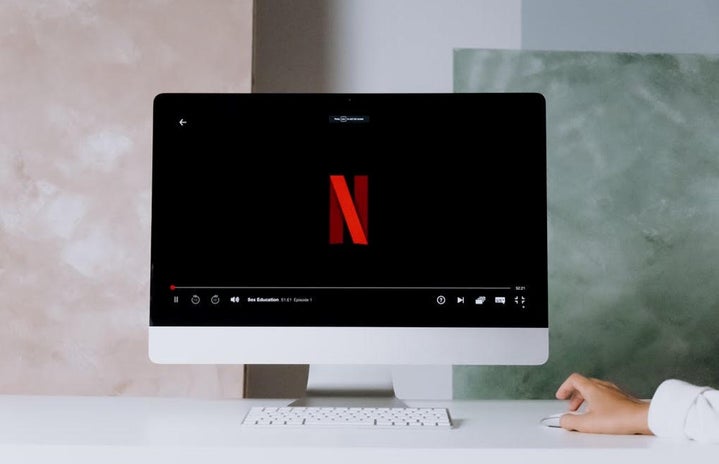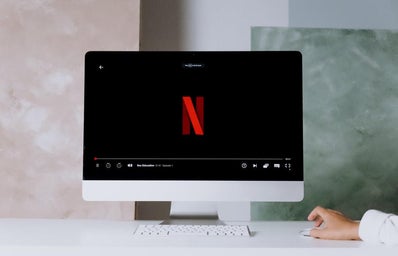This summer, Netflix and its sub-market, Strong Black Lead, finally launched what we’ve been asking for so long- popular black sitcoms from the 90s and early 2000s. We’re almost through the 7-show release which has included Moesha, The Game, Sister Sister, The Parkers, and my favorite so far, Girlfriends.
Girlfriends (2000-2008) is a popular tv show about black women navigating dating, sex and life together. For many of us, we were too young to care or even understand the concepts depicted in a show so influential in its time. But now that we are of age or have some more experience under our belt, we can watch “Girlfriends” as if it were newly released in 2020 and truly appreciate the wisdom, nostalgia and comedy the show so timelessly presents.

Let’s be honest, many of the black sitcoms today are not so relatable to our common experience. They are either over-dramatized or the cast members are too perfect to be truly felt. Black sitcoms in the early 2000s spoke about common concepts in ways that felt genuine, and I wish we could have that kind of quality today.
In just the first season, the show tackled the subjects of STDs, workplace sexism, infertility, black identity and sex addiction through the lens of each character. This shows the value of different types of women bonding over the experiences we collectively share.
Which girlfriend are you?
Speaking of different types of women, chances are, you see some of yourself in one or a mixture or each of the main cast members.
Joan Clayton, the main character is a type-A lawyer who has embraced her career in lieu of the traditional narrative of marriage and children. She is the “empath” and voice of reason. Joan is a model for women who feel they must defend their choice of independence over convention.
Toni Childs is the high class, “bougie” friend in the group. She values luxury and comfort over most things, and she doesn’t feel the need to be sorry about it. Hailing from a small rustic town, Toni is the model for women who believe they deserve more and attract people who compliment her refined tastes.
Maya Wilkes is the most outgoing of the four. She’s loud and proud, and she embraces the luxury of a close comfortable family, complete with husband and children. Maya is for the “ghetto” girls who are too commonly asked to conform to the ways of society. Her answer is no.
Lynn Searcy, who I connect with on a spiritual level, is the free spirit of the group. She chases Master’s degrees instead of a home or steady job as she bounces from house to house. I definitely relate to her fabulously unencumbered lifestyle as she escapes reality through philosophical musings and the pursuit of higher education. Lynn is for the noncommittal intellectuals who want to feel and just be.

My favorite thing about the show is how everyone has their own quirks that make them unique, and they waste no breath feeling sorry about who they are. They still accept each other despite apparent differences.
Girlfriends could not have arrived at a better time. As so many people become more and more disconnected, the show acts as a guide to being a young black woman in America, and it embraces many common sentiments that we all share.
The last two shows from the Netflix marathon release, Half & Half and One on One, are scheduled to drop on October 15. Happy binging, friends!



